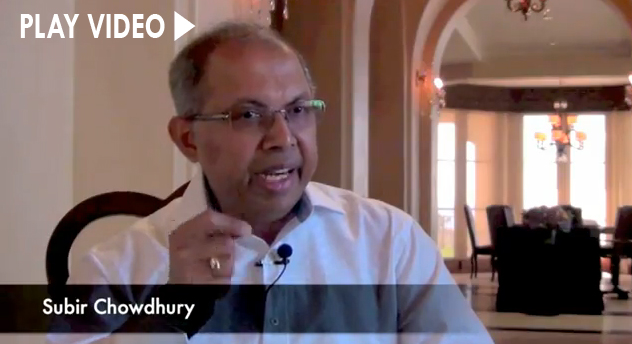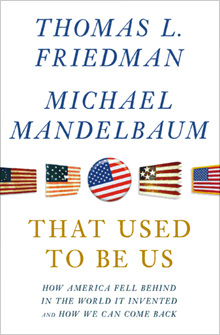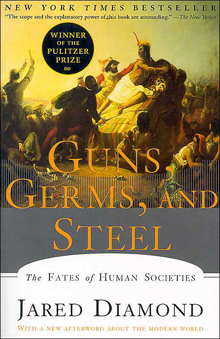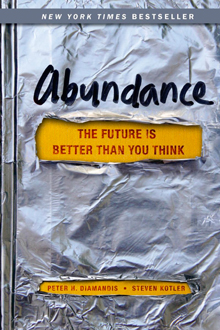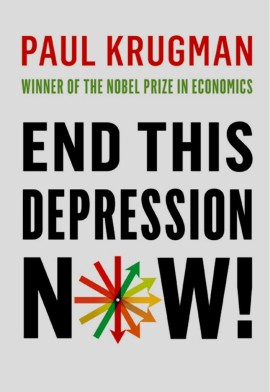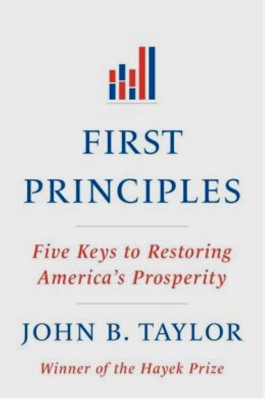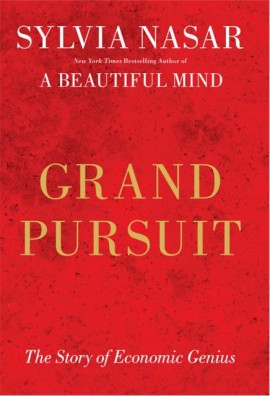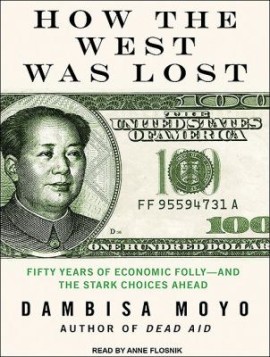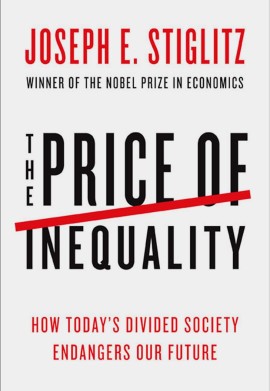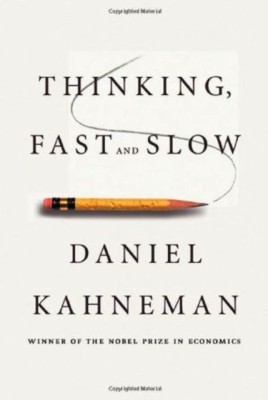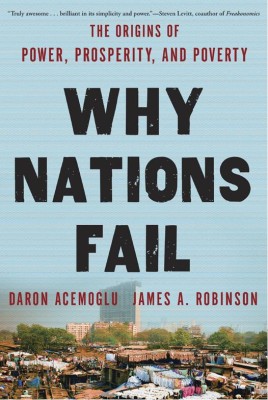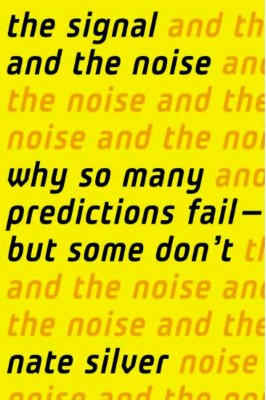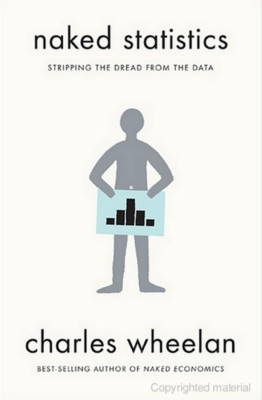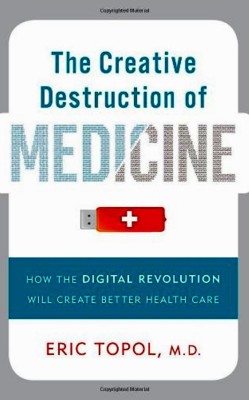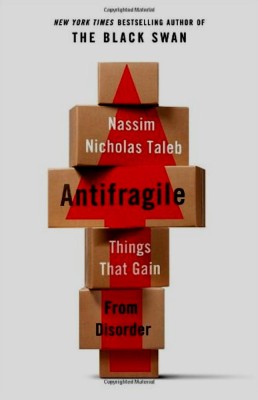How excellent organizations revolutionize their Quality process through the strength of “people power.”
Quality & Process
When ‘quality’ ceases to be just lip service from one employee to another – it becomes a process for continuous improvement toward perfection.
For years now, I have been observing organizations just to see what makes their operations rise above the rest and make them what I call “excellent organizations.” What I discovered is more common sense than it is groundbreaking.
My entire career has been focused on the development of management tools that companies and organizations use to produce substantial and sustainable change to their management and general quality processes throughout the organization. Sometimes, that effort involves highly technical and statistical models. Sometimes organizations deploy very detailed programs that require extensive training. In most instances where the effort to change is sustained, substantial change in terms of quality output and the resilience of the organization is evident. But sometimes it isn’t.
In cases where improvement was not sustained, I examined the process more closely. I compared the organizations that had long-term improvement with those that did not. In both cases, there was continual training and management was engaged and dedicated to the improvement goals.what makes their operations rise above the rest and make them what I call “excellent organizations.” Then I found an important point where the comparisons differed.
The underlying strength of “people power” is the fact that it relies on basic human skills.
Organizations that produced sustainable improvement added another layer to their activity—something so vital that once you see it, it is impossible to ignore. In the organizations that revolutionized their quality processes, everyone in the organization was completely engaged.
From the executive suite to every last worker, every single person was involved. People were encouraged to participate in conversations, interact with each other about the particulars of the organizational mission and operation, and rewarded when they implemented changes that were productive. People throughout organization became energized and mobilized.
It was at this point that I realized that the reach of “process power” is limited. Without “people power” to back it up, the quality process can only go so far. After all, we are highly social creatures that love to communicate and interact with each other. And more important, we grow both individually and collectively when we implement what we learn from each other.
It was clear to me that among these excellent and successful organizations, there was a focused effort to encourage communication, interaction, and implementation – basic human skills that are intrinsic to each of us. It is within this framework that I developed LEO – Listen, Enrich, and Optimize – which has proven to be a flexible and transformative program that draws attention on the strengths of human interaction.
The underlying strength of “people power” is the fact that it relies on basic human skills. Encouraged and utilized systematically, these skills may also serve as the triggering mechanism that can cause every member in the organization to think deeply about the decisions they make and the actions they take.




